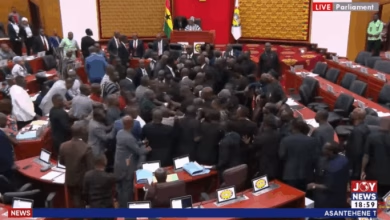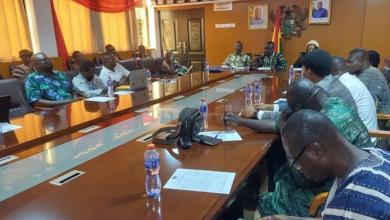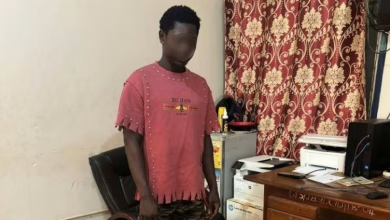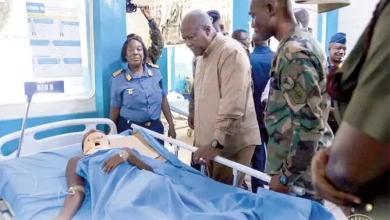Dengue Fever Outbreak Spreads in Eastern Region, Reaching 45 Confirmed Cases
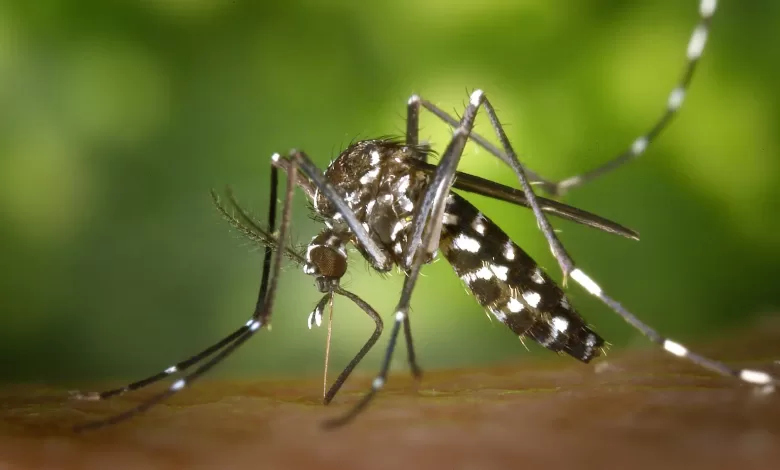
- The number of confirmed Dengue Fever cases is rising quickly
- Health authorities are actively responding to the outbreak
- Health officials are defining suspected cases based on specific symptoms and medical history
In parts of Eastern Region, the incidence of dengue fever has surged, with confirmed cases climbing to 45 across five districts as of July 17, 2024.
The affected districts encompass Birim Central, Achiase, Akyemansa, Birim South, and Birim North.
A total of 10 districts have reported suspected cases, including New Juaben South, Lower Manya Krobo, Fanteakwa North, Abuakwa North, and Kwaebibirem.
On July 17, 2024, health authorities identified 34 new positive cases, bringing the cumulative total of suspected cases to 229.
Among the confirmed cases, one health worker has been infected, constituting 2.2% of the total confirmed cases.
Efforts to manage the outbreak are being led by the Eastern Regional Public Health Emergency Operations Center (PHEOC), which is coordinating closely with affected districts.
A collaborative investigation involving national, regional, and district Rapid Response Teams (RRTs) is currently underway, with District Public Health Emergency Management Committees (PHEMC) activated to enhance local response efforts.
Teams from the regional and national levels are actively supporting response activities in affected districts. Meetings have been conducted with District Chief Executives (DCEs) and local Chiefs in Birim Central, Birim South, Achiase, and Akyemansa to strengthen coordination.
New districts reporting suspected cases have been instructed to activate their District PHEOCs to effectively manage the outbreak.
Suspected cases are identified as individuals experiencing acute febrile illness lasting 2-7 days, accompanied by at least two of the following symptoms: headache, retro-orbital pain, myalgia, arthralgia, rash, hemorrhagic manifestations, or leucopenia.
Additionally, individuals confirmed with malaria who remain unwell after completing a three-day course of antimalarials are also considered suspected cases.
Confirmed cases necessitate laboratory confirmation, which includes positive IgM antibody, a rise in IgG antibody titers, positive PCR, or viral isolation.
Out of the 229 cumulative suspected cases, laboratory results have been obtained for 138 cases. Among these, 45 tested positive, 93 tested negative, and results for 91 cases are still pending.
Health authorities continue to closely monitor the situation, striving to contain further transmission of the disease and provide essential care to those affected.



